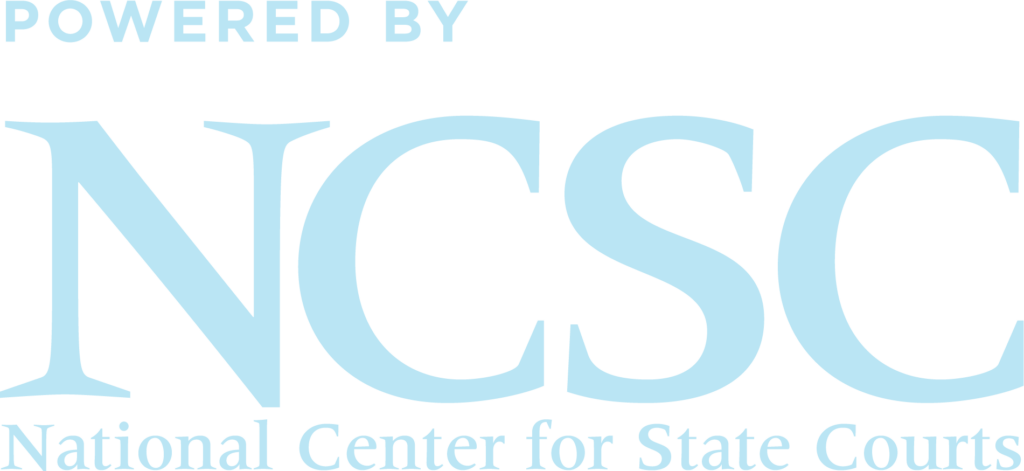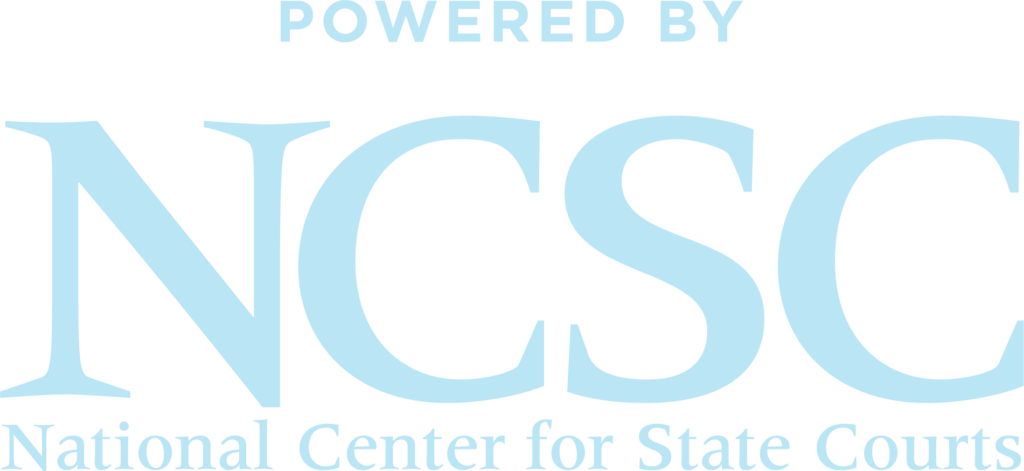This year, we reached out to the court community for feedback on areas of interest for eCourts. Below, we have listed the top choices. If you are working in these areas and would like to present on one of these topics, we would love to read your proposal. Of course, you may also submit presentation ideas outside of these top picks.
AI
- Implementation framework: Evaluating and deciding what to implement.
- AI use cases: Examples of court implementation uses for A2J, case management, wayfinding, chatbots, and language access.
- Policy Development: Looking at internal and external factors, risks, uses, and disclosures.
Cybersecurity
- Incidence response and communication during and after an event.
- Hybrid threats: Cyber activity that can promote other threats, such as swatting and doxing.
- Cybersecurity testing and auditing: Self evaluation, vendor provided, and government funded services.
Data
- Data governance before and after AI implementation.
- Data privacy: Managing where the sensitive data is stored and how it is protected.
- Information sharing: Legal limitations, liability, transparency, and working with other critical stakeholders with sensitive case-type data sharing.
Technology Skills and Resources
- Upskilling: How can existing staff be empowered into new roles with professional development when hiring is difficult?
- Evolving changes in technology skill sets and professional development needs.
- How to successfully transition old skills to new skills while building resilience in skill set coverage.
Application Systems: Builds and Collaboration
- Building systems in a more collaborative environment.
- The future of case management systems. Where is it now? Where does it need to be?
- AI accelerator tools for programming that influence e-Filing and case management—risk/benefit analysis.
Access to Justice
- Online information delivery and user testing: Innovative practices for sharing legal information and testing with input from the public and court stakeholders.
- Language and disability access: Ensuring language and disability access in court technology and online information.
- Advances in technology that expand access to justice: Chatbots, guided interviews, kiosks, automatic check-in systems, online scheduling, AI, website design, disability access services, language access services, etc.



